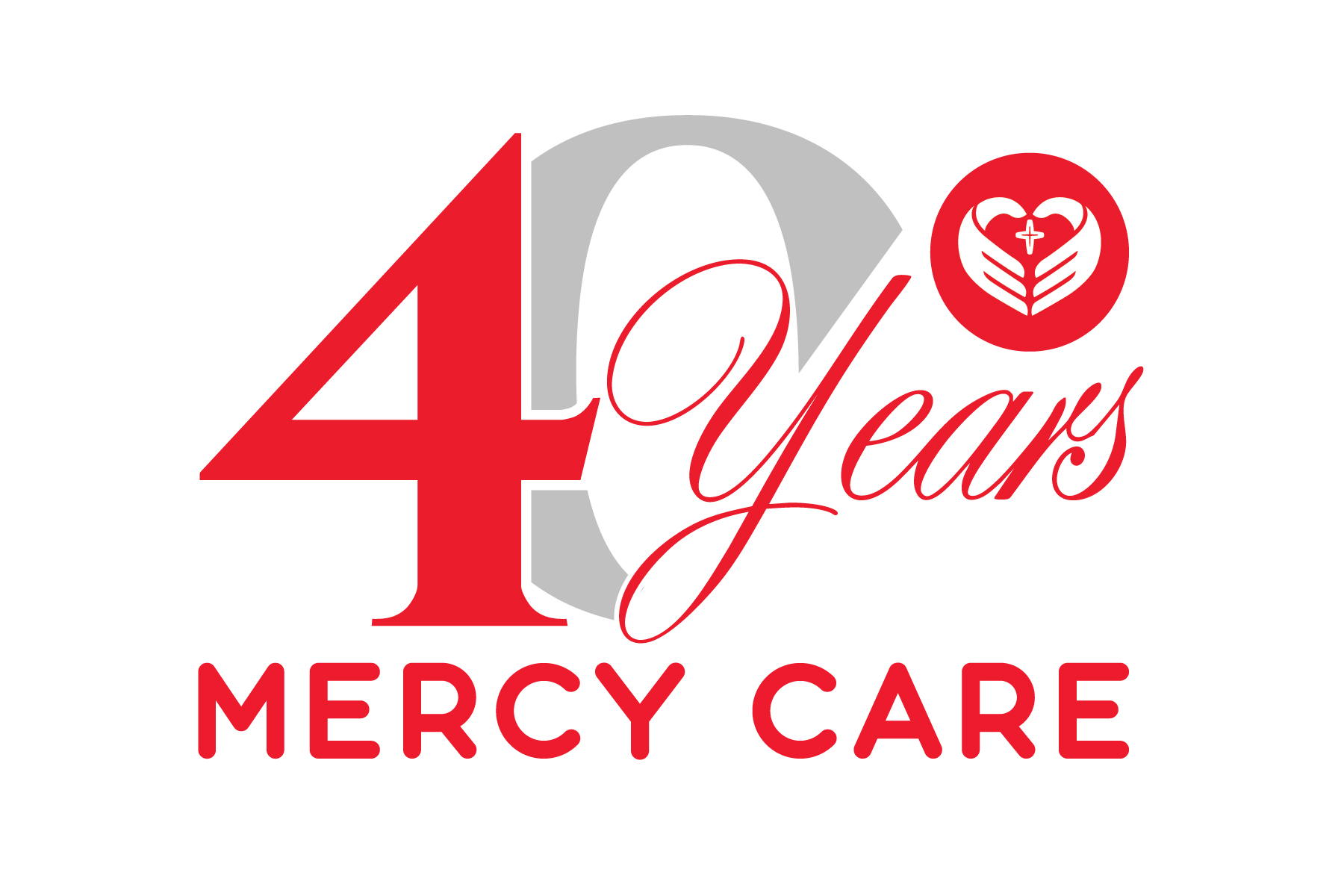
Heart health and mental health
Depression is one of the most common mental illnesses in the United States affecting over 17 million adults each year. It’s even more common among homeless populations impacting approximately 25%.
It is well-documented that people with heart disease are more likely to suffer from depression. However, can chronic depression lead to heart disease?
According to Harvard Health the answer is, yes! Depression is linked to inflammation, the body’s natural response to fighting infection. Chronic inflammation from lifestyle choices like smoking, excessive drinking and inactivity leads to increased levels of stress hormones, clogged arteries, and blood clots.
As an integrated primary care and behavioral health program, Mercy Care is focused on treating the whole person and helping individuals manage their chronic health conditions. Our model of care leads to improved overall health through individual counseling and medication management.
“Patients are screened regularly for depression and substance use disorders as part of their primary care visit,” said Emily Bakshi, Mercy Care’s behavior health manager. “If a patient indicates he or she could use help, they see a behavioral health specialist in the same visit.”
Due to COVID-19, these services are also available over the phone or computer. Current patients can contact their behavioral health specialist about scheduling options. New patients can call 678-843-8600 and ask to speak to a member of the behavioral health team about scheduling time to speak to a clinician from any quiet location.
Those who suffer from depression, anxiety, high blood pressure or diabetes can get help. Mercy Care offers a sliding fee scale based on household income, so you pay what you can afford.




